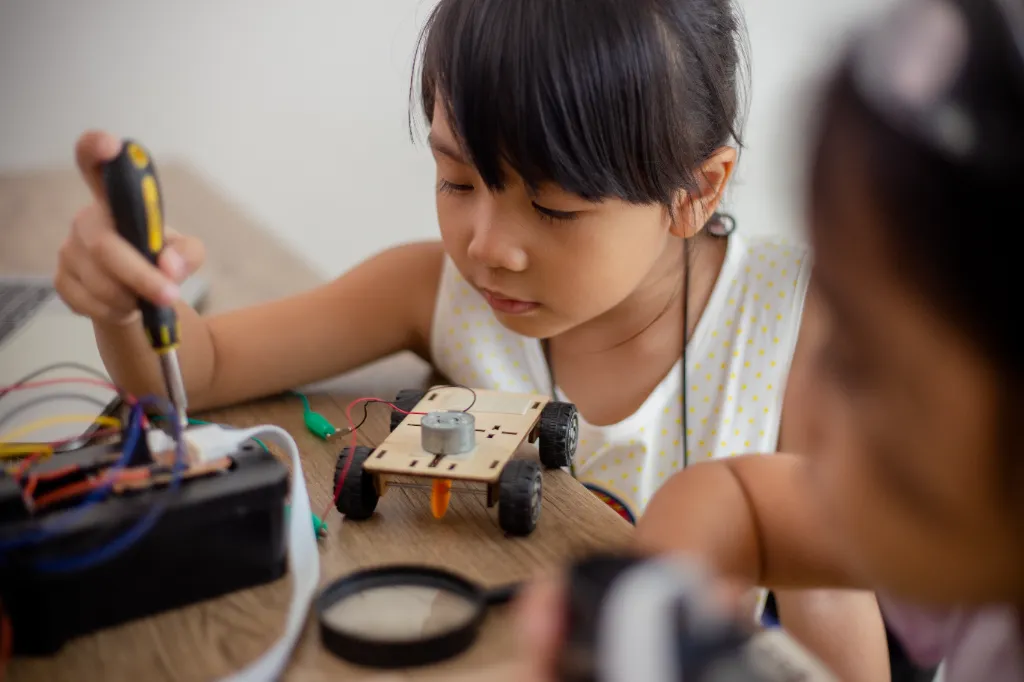Definition and Concept of Neurodiversity
At its core, neurodiversity is a paradigm shift in understanding the vast spectrum of human cognitive functioning. It aims to underline that neurological differences, once seen purely as disorders or deficits, are instead natural and valuable variations of the human brain.
Coined in the 1990s by sociologist Judy Singer, the term “neurodiversity” sought to challenge the stigmatising narratives surrounding neurological differences like Autism Spectrum Disorder, ADHD, and dyslexia.
This perspective does not merely acknowledge these differences but celebrates them. It reframes them, highlighting the unique strengths, perspectives, and potential that neurodivergent individuals bring to society. By doing so, it changes the discussion from “fixing” to accepting and valuing that everyone’s brain works differently.
What It Means to Be “Neurodivergent”
Neurodivergent is a term that encompasses individuals whose neurological functions differ from what is conventionally considered “typical.” Being neurodivergent means having a brain that processes, perceives, and interacts with the world in a unique way.
It’s a celebration of unique perspectives, strengths, and ways of thinking. Neurodivergent individuals often have special ways of understanding and interpreting the world, bringing invaluable insight and creativity to various fields.
Embracing the concept of neurodivergence encourages society to move away from outdated notions of ‘normalcy’ and instead value the rich tapestry of human cognition.
The Spectrum of Neurodiversity
It’s crucial to understand that neurodiversity is not a singular point but a vast spectrum of brain differences, showcasing the many ways in which the human brain can function and perceive the world.

Just as biodiversity adds resilience and depth to an ecosystem, the different points on the neurodiverse spectrum bring creativity, innovation, and unique problem-solving approaches to society. Recognising and valuing this spectrum is essential, as it underscores that there isn’t just one “right” or “normal” way of thinking or processing information but a beautiful array of cognitive styles.
Common Neurodivergent Conditions
Neurodivergent differences affect how people think, learn, and process information. They are natural variations of the human brain, and while they may present certain challenges, they also come with unique strengths.
Here’s a list of some of the most common types of neurodivergence:
- Autism Spectrum Disorder
- Attention Deficit Hyperactivity Disorder
- Dyslexia
- Dyscalculia
- Dyspraxia
- Tourette’s Syndrome
Recognising Strengths and Unique Abilities in Neurodivergent People
Neurodivergent individuals often possess unique strengths. For example, many individuals on the autistic spectrum display heightened abilities in pattern recognition and attention to detail and can possess deep, specialised knowledge in particular subjects. People with ADHD, while sometimes experiencing challenges with sustained attention, often excel in creativity and out-of-the-box thinking and can be exceptionally energetic and dynamic in their approach.
Dyslexic individuals might face challenges in reading, but they frequently showcase strong spatial intelligence, creative problem-solving skills, and a holistic understanding of complex systems. Meanwhile, individuals with Tourette syndrome, beyond their involuntary tics, have shown heightened skills in concentration and determination.
Understanding and acknowledging these strengths not only fosters a positive environment for neurodivergent individuals but also allows society to tap into their potential and unique problem-solving approaches.
Appreciating Different Ways of Thinking and Processing Information
Embracing neurodiversity means valuing and understanding how neurodivergent people interpret and engage with the world. The distinct ways of thinking and processing information provide a rich tapestry of perspectives that can offer innovative solutions and insights, enriching society with depth and diversity. Individuals with neurodivergent traits, including the autistic community and people with learning differences, provide unique perspectives and outlooks due to differences in how brains work, which should be celebrated.
Every individual has a powerful voice and platform, no matter how big or small, to raise awareness and promote equality for neurodiversity. By sharing stories, educating ourselves, and initiating conversations within our communities, schools, and workplaces, we can dispel myths and foster understanding. Additionally, by actively seeking out and valuing the contributions of neurodivergent people, we not only affirm their importance in society but also inspire others to join in this collective movement towards acceptance and inclusion.
Creating Supportive Environments for Neurodivergent Individuals
Creating supportive environments for neurodivergent children and adults is essential for both their personal growth and societal inclusion.

By ensuring access to appropriate resources, tools, and understanding, we can foster spaces where neurodivergent people feel valued, understood, and empowered. This involves both tangible changes, like providing sensory-friendly settings or assistive technology, and intangible ones, such as fostering a culture of acceptance, patience, and appreciation. Ultimately, these supportive environments benefit everyone by promoting diversity, inclusivity, and a richer understanding of human potential.
Addressing Stigma and Misconceptions
The topic of neurodiversity, unfortunately, comes with various stigmas and misconceptions deeply rooted in society’s historical misunderstanding of neurological differences. For many, neurodivergence has been inaccurately associated with incapability or abnormality rather than being seen as natural variations in the human brain. These misconceptions often lead to biases, limiting opportunities and understanding for people who think or process information differently.
To combat these deeply ingrained beliefs, education is crucial. Spreading accurate knowledge about the vast spectrum of neurodivergent differences and their associated strengths is essential. Additionally, active dialogue, inclusion initiatives, and platforms that amplify the voices of neurodivergent individuals are invaluable tools in reshaping perceptions.
Through these collective efforts, we can work towards minimising or fully eliminating stigmas and fostering a society that values all its members.
The Impact of Neurodiversity on Innovation
Neurodiversity has been a driving force behind many ground-breaking innovations throughout history. Neurodivergent individuals often approach problems from unique angles, leading to novel solutions that might not be immediately apparent to neurotypical thinkers. Their distinct ways of processing information, coupled with their ability to recognise patterns, focus deeply on subjects of interest, or think outside conventional frameworks, can result in pioneering breakthroughs in various fields, from technology and science to arts and culture.
Furthermore, as businesses and institutions increasingly recognise and value neurodiversity, they benefit from fostering a broader range of thought processes, which inevitably sparks creativity and drives innovation. The inclusion of diverse neurological perspectives not only enriches the brainstorming process but also caters to a broader audience, ensuring products, services, and ideas are more universally appealing and effective. Embracing neurodiversity, in essence, is an investment in a richer, more diverse future of innovation.
Neurodiversity Advocacy and Support with Unique Community Services
At Unique Community Services, we stand at the forefront of promoting neurodiversity, recognising the vast potential of neurodivergent individuals. Grounded in a strength-based approach, we believe that every individual possesses a distinct set of strengths that, when nurtured and leveraged correctly, can lead to exceptional outcomes both for them and the broader community.
For those who resonate with our vision and mission or need the support we offer, we invite you to reach out and connect with us. Let’s together build a future where neurodiversity is celebrated and every individual feels valued and empowered.
Our team of clinicians possesses the expertise necessary to address the unique complexities of neurological differences. We offer support within the comfort and familiarity of your own home, promoting a sense of security and independence.
To learn more about our person-centred services, visit our offices in Bristol and Manchester or contact our dedicated team today.














